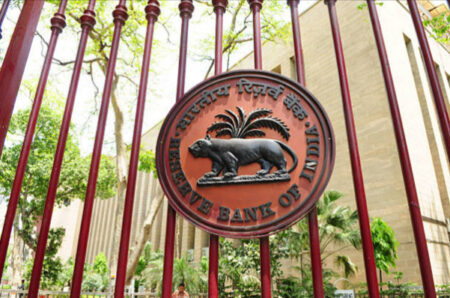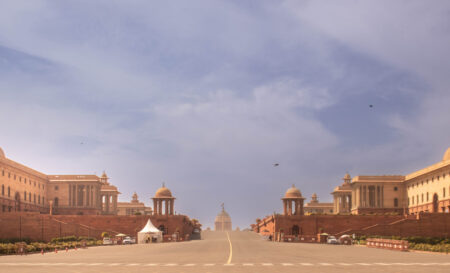States had expressed shock when minister Nirmala Sitharaman had, post the goods and services tax (GST) council meeting, expressed her inability to increase the GST compensation to them beyond June 2022.
The states noticed that, throughout the meeting, the matter was solely postponed for more discussions.
Chandrima Bhattacharya, West Bengal minister of state for urban development and municipal affairs and health and family welfare, who represented the state at the meeting, aforesaid the council failed to select extending the compensation for conditions beyond June 2022.
“This wasn’t a choice. All issues, together with extending compensation to states beyond June 2022, have gone to a GoM (group of ministers),” said Bhattacharya.
She said that the Centre was taking advantage of the Constitution’s 101st amendment Act, which states that compensation is procured an amount of the first five years from the date of introduction of GST.
The taxation regime was placed into result from July 1, 2017, and also the compensation will end on June thirty, 2022, unless extended by the council.
“The extension until March 2026, is something that the Centre had to convey anyway, however failed to provide. it’s giving the arrears.
But, what concerning succeeding part? it’ll not be potential for states to run like that,” said the West Bengal minister.
She added that the states strongly pitched for the extension by another five years.
Delhi minister Manish Sisodia also reiterated that the compensation problem to states had been referred to the GoM, which can submit its report in two months.
Sisodia pitched for the extension by another five years. Delhi has estimated an annual loss of Rs 8,000 crore if not compensated beyond June 2022.
Similarly, Kerala additionally pressed for giving compensation to the states for another five years. On the opposite hand, Punjab minister Manpreet Singh Badal asked for payment to states by another three years.
Tamil Nadu minister P Thiaga Rajan aforesaid the non-extension of compensation to states beyond 2022 wasn’t communicated throughout the council meeting.
Whereas Rajan failed to attend the meeting, he was briefed concerning the result by the officer representing the state.
“Then matter was postponed. however to sayntion} that extension of compensation beyond june 2022 was ruled out is news to me,” said Rajan.
Chhattisgarh health minister T S Singh Deo, who drew the state at the council, said compensation extension to states wasn’t dominated out, contrary to what the Union finance minister had said.
“I hope there’ll be another meeting on the issue. this is the way it (the Centre) has been functioning,” said Singh Deo, who didn’t in person attend the council meeting however was drawn by a state officer.
He added that his state would have to bear a loss of Rs 3,000 crore annually if the compensation is stopped post-2022. “After June 2022, we’ll be at a giant loss as GST could be a consumption-based tax,” he said.
He added that whereas consuming states like Uttar Pradesh and Bihar were gaining from the GST regime, producing states were losing out.
“The consuming states are becoming a better revenue than what they happened the VAT (value-added tax) regime, whereas producing states have lost out badly from the GST regime,” he said.
He added, “We don’t get something on the mineral, steel, cement, iron ore, or the other artefact that’s deep-mined and produced in the state.
Chhattisgarh’s land and water resources area unit used however we don’t get the revenues.”
The council set to increase the compensation cess amount until March 2026; however, the collection is used “purely to repay the succeeding loans taken between 2020-21 and 2021-22” to not more compensate states, Sitharaman had processed at a press conference after the meeting.
States are given total compensation for the prior five years of the introduction of GST on the assumed revenue growth rate of fourteen per cent within the base year of 2015-16.
Compensation cess is levied on luxury and sin things like aerated drinks, pan masala, cigarettes and automobiles over the peak rate of twenty-eight per cent.











